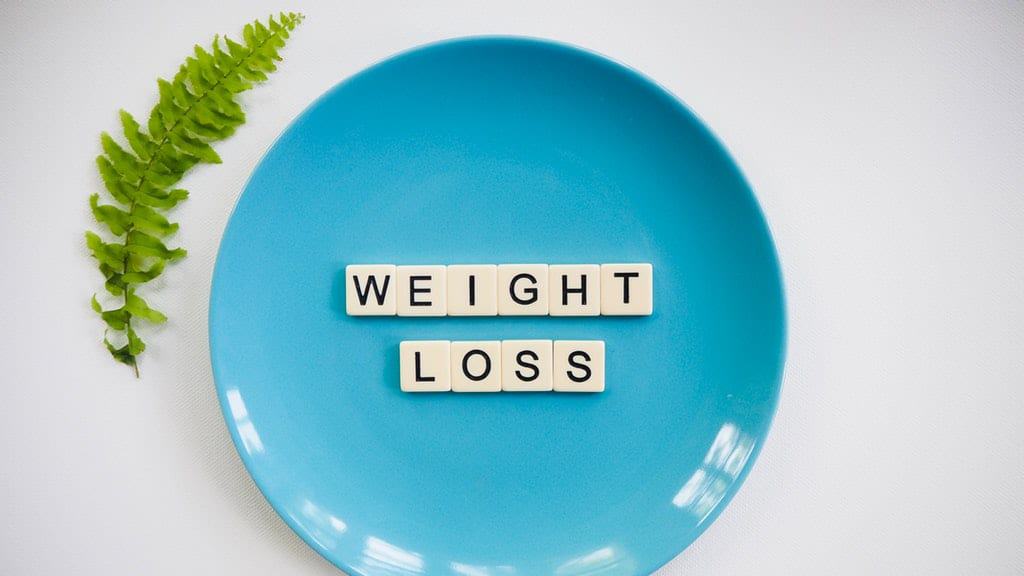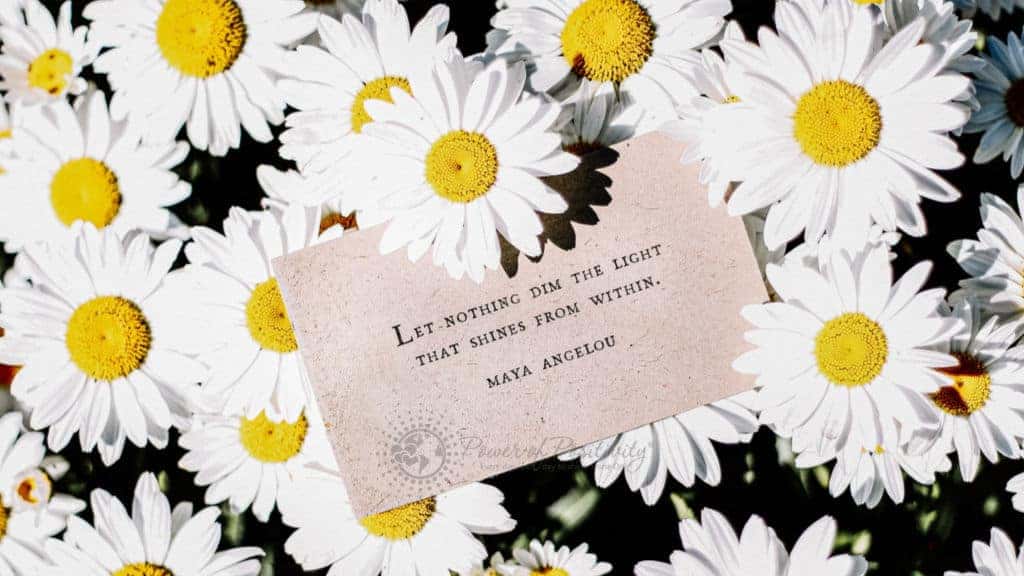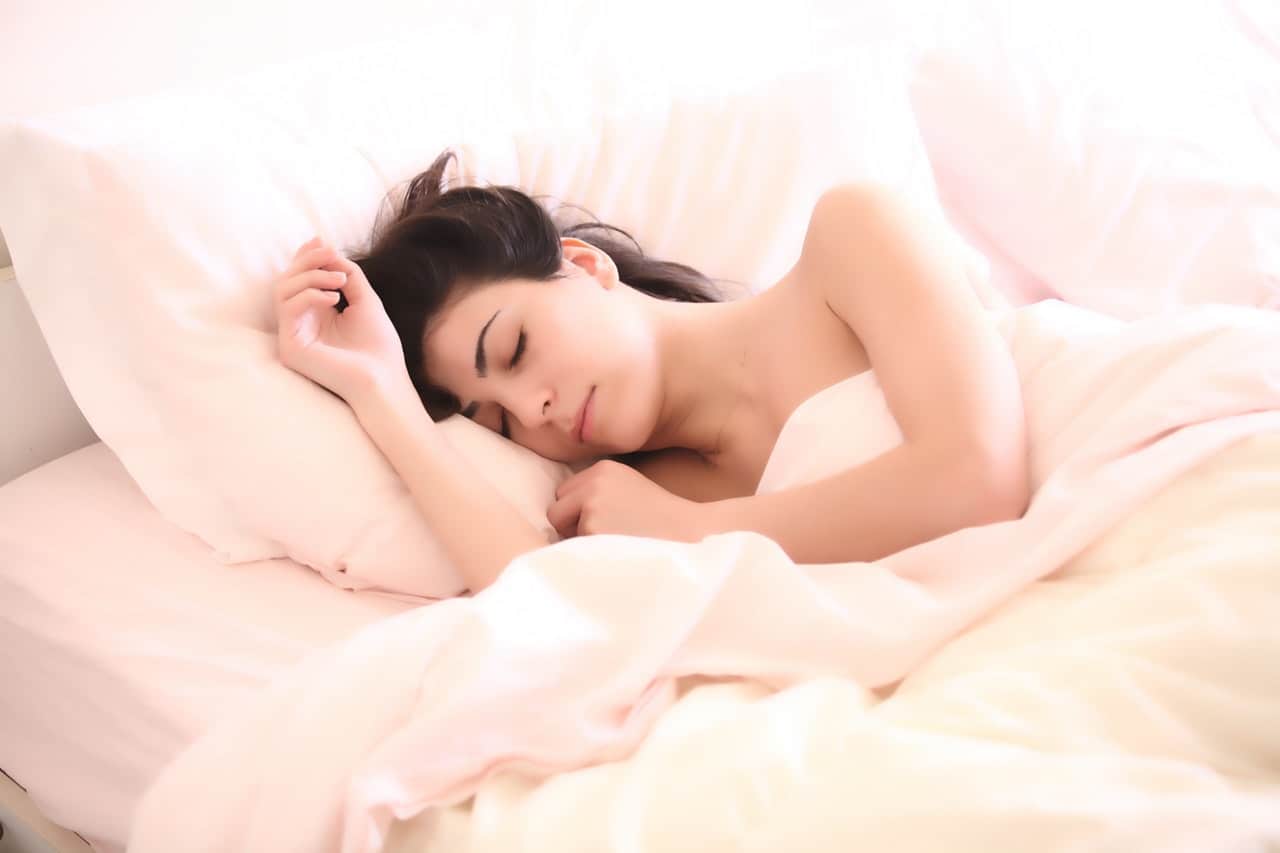How well your body functions tomorrow will be a result of how well you sleep tonight. Biologically speaking, sleep is one of the most important things for you. In addition to being an essential part of a healthy lifestyle, adequate sleep benefits your mind, heart, weight, and more.
Need some convincing to get adequate sleep? Here are some benefits of shuteye: improved memory, longer life, less inflammation, more creativity, better performance, sharper attention, healthier weight, lower stress, less accidents, less anxiety…just to name a few.
If sleep is so important, than why are so many bad at hitting the pillow? Consider these findings from the National Sleep Foundation (NSF):
“…millions of people do not get enough sleep and many suffer from lack of sleep…surveys conducted by the NSF (1999-2004) reveal that at least 40 million Americans suffer from over 70 different sleep disorders and 60 percent of adults report having sleep problems a few nights a week or more. Most of those with these problems go undiagnosed and untreated…more than 40 percent of adults experience daytime sleepiness severe enough to interfere with their daily activities at least a few days each month…69 percent of children experience one or more sleep problems a few nights or more during a week.”
These statistics are staggering, and clearly indicate a need for some of us to change our bedtime habits. There is only one way to do this: evaluate what you do before bedtime and change your habits, it needed.
These 10 sleep rituals will get you to la-la land in no time!
#1 Establish a pre-sleep ritual
Relaxing activities such as taking a bath and reading a book, or doing relaxation exercises makes the transition to sleep much easier. Bathe with bath salts and lavender to further enhance relaxation and then do some light reading (no “Pride and Prejudice, in other words). Whatever feels most comfortable to you to bring yourself to a calm, relaxed state is what will ultimately help you sleep the best.
Also, shun doing anything stressful or stimulating such as work before bed. Stressful activities, whether physical or emotional, cause the release of the stress hormone cortisol which increases alertness.
#2 Have a sleep-inducing environment
Try to limit your bedroom to sleep. Consider getting rid of the TV, computer, or other time-sucking gadgets that will entice you to say “just another five minutes.”
Some other things to consider:
– Using earplugs to minimize outside noise.
– Using an eye mask.
– Keep the temperature cool (around 60-75º F)
– Have comfortable mattresses and pillows.
– Using dim, comfortable lighting
#3 Exercise at the right time
Exercise is a great habit that has numerous physical and mental benefits. That being said, you should schedule your exercise sessions at the right time. If you work out too late, it could negatively affect your sleep. This is because exercise releases the stress hormone cortisol.
If done at least three hours before bed, exercise can actually promote falling asleep. Cortisol and other hormones are a non-factor at this point, and your body is ready to rest due to tired muscles.
#4 Eat lighter in the evening
A large meal promotes drowsiness but delays digestion. Digestion of foods late at night will interfere with your sleep, potentially causing you to wake up. Avoid this by eating your largest meal before mid-afternoon, while keeping your evening meal under 500 calories.
Having a healthy bedtime snack is both a great dietary and sleeping habit. Bananas are great because they contain less than 100 calories and have sleep-inducing ingredients such as potassium. They also contain the right amount of carbs, which are great for aiding sleep.
#5 Try some aromatherapy
Research has shown that aromatherapy may be effective in promoting relaxation. Scientists believe that the chemicals contained within some essential oils (such as lavender or chamomile) may trigger some of the brain chemicals involved in sleep.
Using an aromatherapy diffuser is a great way to disperse essential oils. Once dispersed into the air, you should feel calm, relaxed and ready to snooze within 20-30 minutes. You can pick up a good aromatherapy diffuser on Amazon for around 40 bucks.
#6 Avoid alcohol, caffeine, and nicotine
While true that alcohol helps to induce sleep, it actually causes a stimulant response in the brain within a few hours. As a result, you will wake up more often and reduce the quality of your sleep later in the night.
Caffeine, as we all know, is a stimulant. Stimulants create feelings of alertness in the body and brain…enough said. It is recommended to abstain from caffeine four to six hours before bedtime. Nicotine acts in the same way, so avoid it.
#7 Set your “internal clock”
This is often overlooked (including by yours truly) but is very important to establishing healthy sleep habits.
You set this internal clock by going to bed and waking up at the same time every day. On the weekends, this can be difficult to adhere to for obvious reasons. However, try to stick to these established times as closely as you can in order to avoid feeling sleep-deprived on Monday morning (yuck).
#8 Don’t watch the (alarm) clock
Yes, we have all done it – waking up and glancing at the clock to see how much more precious time of sleep we have. However, if it is within an hour or so until the alarm goes off, this may create the urgency to go back to bed. This is bad because it creates stress, making it much more difficult to get back to sleep.
To counteract this, consider turning the alarm clock around (a mirrored closet door will not work, FYI) or set the alarm on your cell phone and face the screen downward (this does work).
#9 Go to sleep when you’re actually tired
No need to thank us for the revolutionary insight here, folks…you’re welcome. If you find it difficult to fall asleep after about 30 minutes, get up and do something relaxing. This can include some stretches, some light reading, meditation or something else. When you feel your eyelids doing the droopy dance, head back to the sack.
#10 “Bump” some binaural beats
Binaural beats are great for inducing the requisite brain waves for sleep. The brain waves that you desire are Delta (less than 4 Hz) and are meant for deep, dreamless sleep, and Theta (4-7 Hz) which is for non-REM sleep.
You can download some binaural beats off of iTunes or the Play Store (for Android devices) or listen to binaural beats on YouTube.




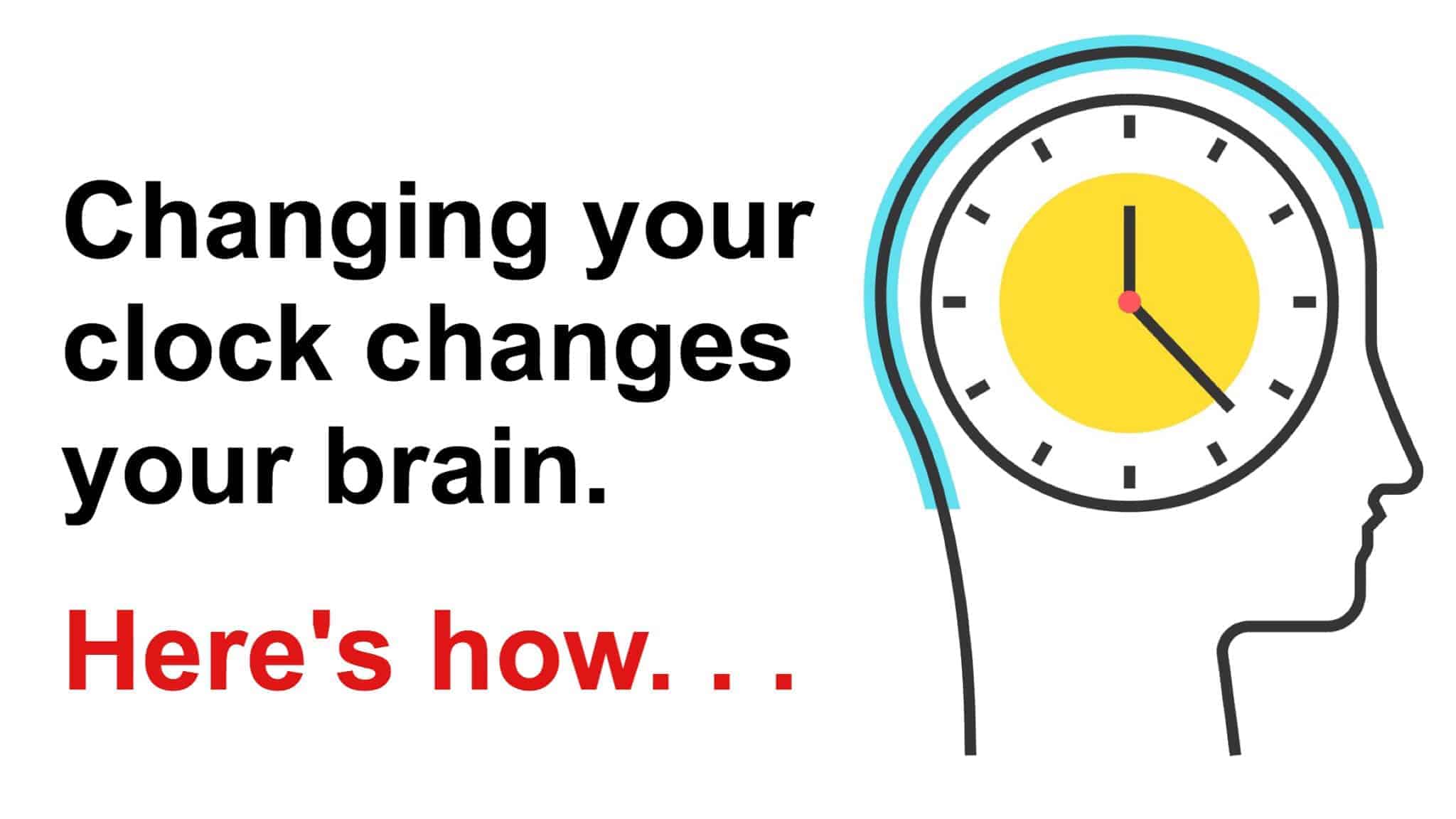
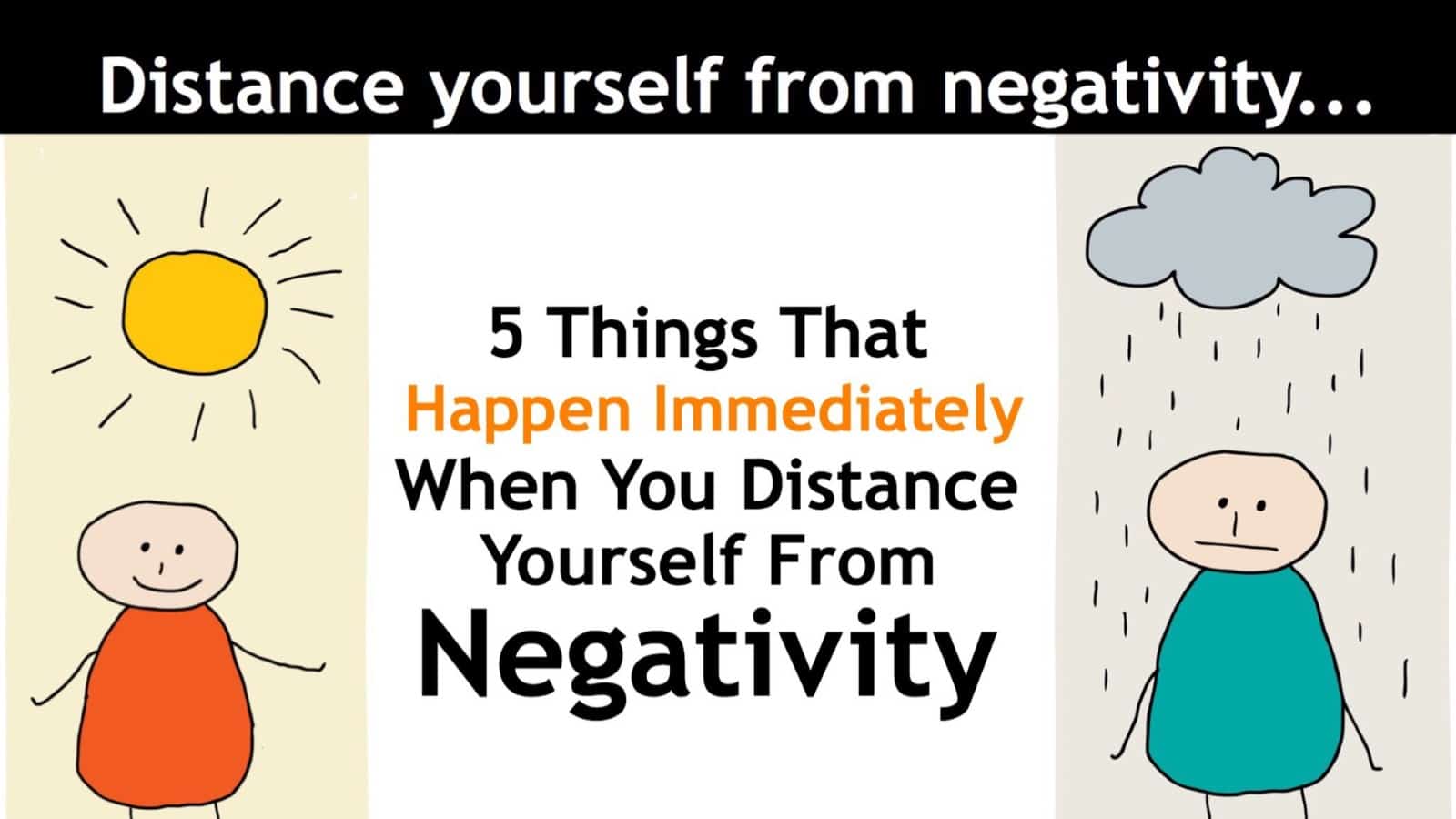



 The negative effects of drugs are well-known, but not many people truly understand what happens when you use drugs to get high. It can affect your health, your relationships, your job or school performance, and your future. Plus, it severely affects your family emotionally and can impact them legally, financially, and physically, as well.
The negative effects of drugs are well-known, but not many people truly understand what happens when you use drugs to get high. It can affect your health, your relationships, your job or school performance, and your future. Plus, it severely affects your family emotionally and can impact them legally, financially, and physically, as well. Some exciting activities that give you a natural high without drugs include these:
Some exciting activities that give you a natural high without drugs include these: Final Thoughts on How to Get High Without Drugs
Final Thoughts on How to Get High Without Drugs

